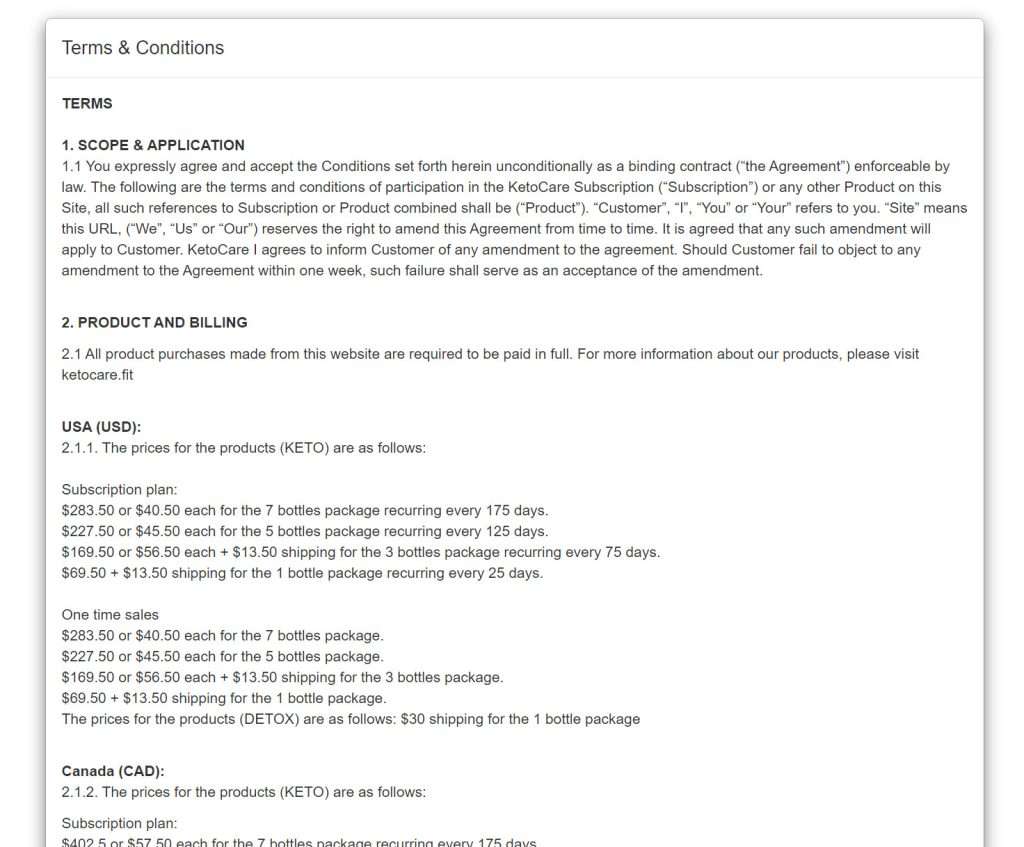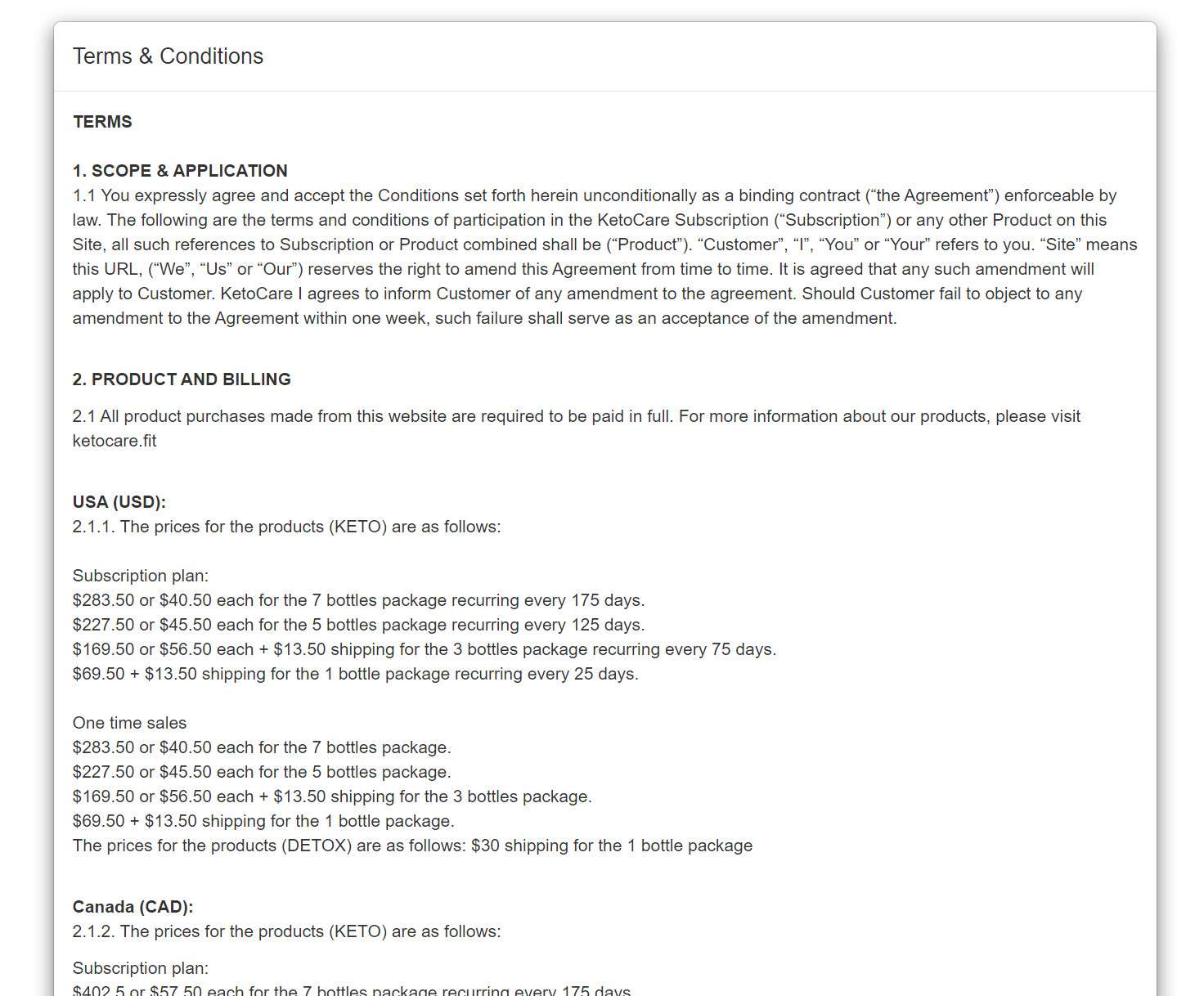Celebrity endorsements are nothing new, but lately social media has been flooded with some of the biggest household names seeming to rave about a questionable new weight loss supplement called Liberty Bites Gummies. Videos of celebs like Shark Tank investors, Dr. OZ and Whoopi Goldberg discussing the gummies’ incredible fat burning powers are spreading across Facebook and Instagram. But here’s the catch – the endorsements are completely fake.
This article exposes the truth behind the AI-manipulated celebrity endorsement scam being used to hawk unproven diet pills, and how to avoid becoming a victim. With celebrities seemingly willing to attach their name and image to anything for a paycheck these days, it’s crucial to have the skills to discern real endorsements from well-crafted fakes.
Read on to uncover the deceptive tactics being used to exploit public trust in figures like Shark Tank investors, Martha Stewart and Dr. OZ in order to sell dubious supplements consumers know little about.



Overview of The Liberty Bites Gummies Celebrity Endorsement Scam
Liberty Bites Gummies are a new weight loss supplement that is aggressively promoted through fabricated celebrity endorsements. This questionable product is being marketed primarily through social media platforms like Facebook, Instagram, TikTok, and Twitter using AI-manipulated videos of famous faces like Martha Stewart, Dr. OZ, Whoopi Goldberg, Lainey Wilson, Shark Tank investors, and Dolly Parton.
The deepfake videos feature the celebrities seemingly discussing and enthusiastically recommending Liberty Bites Gummies as a weight loss solution that produced incredible results for them. Some videos even use voice simulation technology to make it sound as if the celebrities are introducing the supplements and detailing the benefits themselves.
Of course, Martha Stewart, Whoopi Goldberg and none of the other stars have actually endorsed or advertised Liberty Bites Gummies in any capacity. The deepfake endorsements are completely fabricated by scammers and affiliate marketers seeking to profit from the reputation and influence these household names carry.
By making it appear the gummies come highly recommended from trusted public figures, the fake promotions aim to manipulate and mislead consumers into believing Liberty Bites Gummies are a legitimate and scientifically-proven weight loss product. The deepfakes lend credibility to the supplements to prime potential customers.
These fake celebrity endorsement videos spread rapidly across social media through paid promotions and fake accounts set up to share the disinformation across platforms like Instagram, Facebook, and TikTok. The deceitful campaigns target demographics considered most susceptible to miracle supplement claims from celebrities.
Affiliate marketers acting as the driving force behind the Liberty Bites Gummies scam pay for sponsored posts and ads using the doctored videos. They target key demographics like women over 40 with interests related to dieting, weight loss, and celebrity culture. The goal is engagement and clicks.
When social media users click on one of these dubious ads or posts, they are exposed to the seemingly real footage of Martha Stewart discussing the benefits of Liberty Bites Gummies. Seeing a respected public figure endorse the product builds trust and peaks interest in trying Liberty Bites Gummies.
The fake endorsements aim to send the message that if celebrities with access to the best doctors and trainers recommend these weight loss gummies, they must produce incredible results. Of course, no such endorsements truly exist, but the fabricated videos spread widely on social media through paid reach.
From here, the goal shifts to driving traffic to Liberty Bites Gummies sales pages operated by affiliate marketers. The social posts and paid ads ultimately contain links redirecting users to websites with names and interfaces made to look like legitimate supplement businesses.

However, these sales funnels have no real ties to the actual manufacture of Liberty Bites Gummies. They exist solely to push a questionable product through deceptive means like fake celebrity promotions.
The sales pages continue the deception using additional scam tactics aimed at closing the sale, like fake reviews, exaggerated weight loss claims, and supposed testimonials from customers and doctors. The pages also create urgency to enter credit card information through limited-time offers.
Throughout the process, the fabricated Martha Stewart and other celebrity endorsements lend credibility to Liberty Bites Gummies as an effective weight loss solution. But in reality, there exists no concrete evidence that these gummies live up to the lofty claims. No real Before & After photos or believable customer reviews back up the assertions.
By the time users make it to the Liberty Bites Gummies sales pages, they have already been deceived into believing respected celebrities use and recommend the product. This lowers skepticism and makes them more inclined to pull out their credit card based on the phony endorsements.
In many cases, simply entering payment information signs consumers up for expensive monthly subscription plans without proper consent. Monthly charges ranging from $50 to over $100 per shipment are common, adding up to several hundred dollars per year. The products may also arrive with hidden restocking fees that make returning gummies difficult.

The celebrity endorsement scam works because consumers place greater trust in supplements marketed by public figures who supposedly also use the product. But the Martha Stewart and Shark Tank deepfakes are meant solely to drive sales of Liberty Bites Gummies through manipulation.
Avoiding these types of scams requires careful scrutiny of weight loss claims tied to celebrity endorsements online. Apply healthy skepticism, read offer terms closely, and check trusted news sites to confirm a famous face actually endorses a product before trying.
How The Liberty Bites Gummies Scam Works
The operators behind the Liberty Bites Gummies celebrity endorsement scam utilize a multi-channel process to manipulate consumers and generate sales. This involves creating fake celebrity endorsement videos, promoting the disinformation on social media, driving traffic to deceptive sales pages, and pushing victims to input credit card information through time-limited offers and exaggerated claims.
Here is an in-depth look at how the players behind the Liberty Bites Gummies scam leverage fake celebrity promotions at each stage:
Step 1: Produce Deepfake Endorsement Videos
The first phase involves developing fake endorsement videos of celebrities discussing Liberty Bites Gummies using deepfake technology. The scammers start by gathering footage of celebrities like Dr. OZ from interviews, talk shows, commercials, and other existing video.
They feed these source videos into deep learning algorithms to produce artificial representations of the celebrities. The AI studies facial expressions, speech patterns, mouth movements and other visual details to emulate each famous face and voice.
Next, the scammers use the deepfake celebrity models to generate new fake videos focused on endorsing Liberty Bites Gummies. The AI merges the celebrity deepfake with background footage made to look like a TV interview or talk show appearance.
The voiceover discussing the benefits of Liberty Bites Gummies for rapid weight loss is added using AI audio generation. The result is video that looks and sounds like Martha Stewart or Whoopi Goldberg raving about the supplements in a seemingly real, candid TV spot.
Other variations involve inserting the celebrity deepfakes into fake commercials, morning show segments, or doctored Shark Tank pitches. The AI generates lip and mouth movements synchronized to the voiceover discussing Liberty Bites Gummies.
The finished videos spread across social platforms through paid promotion and fake accounts that share the disinformation. Viewers without expertise in deepfake detection are unable to discern the videos are completely fabricated.
Step 2: Promote on Social Media
Once created, the fake celebrity endorsement videos begin circulating on social media through paid ads and posts primarily on Facebook, Instagram, TikTok, and Twitter.
The affiliate marketers pay to promote posts containing the deepfakes that target demographics most likely to buy into weight loss products endorsed by household names. Usually women over 40 interested in health, dieting and celebrities.
When users see the fabricated footage of Martha Stewart praising Liberty Bites Gummies in their feed and click, the deception begins working. Watching a seemingly real clip of a trusted celebrity discussing the benefits primes viewers.
Curiosity is piqued as users question what makes these gummies so effective that major stars take the time to praise them publicly. Seeing Dolly Parton or Whoopi Goldberg endorse them adds legitimacy.
The paid reach expands the scam by putting the deepfakes in front of millions of targeted social media users. Additional fake accounts share the disinformation across Facebook groups related to dieting, weight loss pills, keto, and celebrity gossip.
Step 3: Drive Traffic to Sales Pages
The goal now shifts to funneling social media users exposed to the fake celebrity videos to Liberty Bites Gummies sales pages. The social posts all contain links to order pages operated by affiliate marketers paid to generate leads and sales.
The domain names are designed to look official, often containing the supplement name or terms like “Buy” or “Order.” But the pages have no real affiliation with Liberty Bites Gummies as a product, existing just to capitalize on the fabricated endorsements.
These sales funnels leverage additional scam tactics to convert visitors already primed by the AI-generated celebrity promotions. Fake reviews, incredible weight loss claims, and doctored testimonials create more deception.
Seeing Martha Stewart supposedly endorse Liberty Bites Gummies gets users to the sales funnel. Then seeing more claims of amazing results keeps them engaged as potential buyers.
Time-limited discount offers are used to create urgency around putting in credit card information to secure the low prices advertised using the fake celebrity promotions.
Step 4: Collect Credit Card Information
The final stage involves converting visitors into paying customers by getting them to input payment details to purchase Liberty Bites Gummies.
The fake celebrity endorsements, paid media reach, and sales page deception all work synergistically to drive the desired outcome of collecting billing information.
The online order forms emphasize “risk free” trial offers, deep discounts, and other time-sensitive promotions. In many cases, simply submitting payment details enrolls consumers in expensive monthly subscription plans.
Monthly shipments of Liberty Bites Gummies cost $50-$100+ without proper consent from the customer. Hidden terms make it difficult to cancel recurring charges and return the unused product.
The entire process works by systematically manipulating public trust in celebrities like Martha Stewart and Whoopi Goldberg. Their likeness is exploited to sell dubious supplements using manufactured social proof.
Avoiding these scams requires scrutinizing supplement claims tied to celebrity endorsements and confirming real backing exists. Apply skepticism before inputting any credit card information connected to questionable weight loss products promoted online using celebrities.
Avoiding The Liberty Bites Gummies Scam
Consumers understandably want shortcuts to help them lose weight and get healthy. However, falling for scams like the fake Liberty Bites Gummies celebrity endorsements can lead to wasted money and unapproved products with minimal testing for safety or effectiveness. Here are tips to avoid these shady weight loss gummy scams:
- Be skeptical of celebrity endorsements. If it seems too good to be true that Martha Stewart or other stars are recommending a little-known supplement, it almost certainly is. Check trusted news sources to confirm, not random websites.
- Research the product thoroughly. Dig into the company behind supplement products and look for genuine reviews from verified buyers describing both good and bad experiences.
- Avoid free trial offers. Free trials that only require payment information often enroll users in monthly subscription plans without proper consent. Read all terms and conditions carefully.
- Consult a doctor first. Get a medical professional’s opinion before trying fat burning gummies or diet pills, especially if you have any underlying health conditions.
- Compare prices. Weight loss supplements sold exclusively online tend to be drastically overpriced compared to comparable products from reputable supplement companies.
- Check for fake reviews. Scam products often have lots of reviews that seem suspiciously positive. Make sure reviews include details of use over time and come from established users.
- Beware of exaggerated claims. No supplement produces drastic fat loss overnight or without diet and exercise. Results require work and take time. Be very wary of any product promising otherwise.
- Order from the official website. Third-party sellers may jack up prices, enroll you in subscriptions without consent, or sell counterfeit versions of a product.
Being cautious and doing thorough research makes it much less likely consumers will fall victim to online scams involving fake celebrity endorsements of untested weight loss supplements. Consult a doctor, compare products and prices, and use common sense before trying any new pill or gummy promoting unrealistic benefits.
What To Do If You’ve Fallen Victim To The Scam
Many well-meaning consumers unfortunately do get tricked by celebrity supplement endorsement scams like the fake Liberty Bites Gummies ads and reviews. If this happens to you, here are some steps to take right away:
- Contact your credit card company. Alert them to the fraudulent charges so no more payments go through. Ask to dispute charges and potentially receive a refund.
- Cancel any subscriptions. If you signed up for monthly shipments of Liberty Bites Gummies or other products through a scam offer, cancel the subscription immediately. Get written confirmation.
- Watch for additional charges. Keep monitoring statements closely for any new charges not authorized by you. Dispute immediately.
- Report fake celebrity endorsements. Alert social media platforms like Facebook and TikTok to the posts using AI deepfakes and voiceovers to promote products illegitimately.
- Leave online reviews. Describe your experience with the scam offers and sales process to warn others. Provide details and screenshots if possible.
- Consult an attorney. For large unauthorized charges, get legal guidance on pursuing penalties for illegal marketing tactics involving fake celebrity endorsements used to obtain payment details under false pretenses.
- Request credit report monitoring. Getting card information compromises security, so take precautions. Sign up for monitoring services to detect any suspicious new accounts opened using your identity.
- Learn from the mistake. In the future, double check celebrity endorsements, read all fine print before purchasing, and be extra diligent when promotional offers seem too good to be true.
Staying vigilant makes it less likely you’ll fall victim again as new celebrity supplement scams emerge. Share your experience to help prevent others from making the same mistake.
Frequently Asked Questions About The Liberty Bites Gummies Scam
1. What is the Liberty Bites Gummies celebrity endorsement scam?
The Liberty Bites Gummies celebrity endorsement scam involves using deepfake technology to create fake videos of celebrities like Martha Stewart, Whoopi Goldberg, and Dolly Parton seemingly promoting a questionable weight loss supplement called Liberty Bites Gummies.
The deepfake videos are carefully crafted to look real and spread across social platforms through paid promotions. The goal is to deceive consumers into thinking trusted household names recommend these diet gummies.
2. Which celebrities have been used in the scam?
The Liberty Bites Gummies scam has produced deepfake endorsements from many high-profile celebrities, including:
- Martha Stewart
- Whoopi Goldberg
- Lainey Wilson
- Shark Tank investors like Mark Cuban and Kevin O’Leary
- Dolly Parton
The voices and likenesses of these stars are used without consent to lend credibility to Liberty Bites Gummies.
3. How do the fake celebrity endorsements work?
The deepfake videos portray the celebrities discussing Liberty Bites Gummies during faked interviews and talk show appearances. AI voice simulation technology matches their voices.
The videos spread through social media ads and posts driving traffic to Liberty Bites Gummies sales pages with more deception meant to convert visitors into buyers. Fake limited-time deals encourage entering credit card information.
4. Are Liberty Bites Gummies safe?
There exists no legitimate evidence that Liberty Bites Gummies are safe, effective, or scientifically tested. The celebrity endorsement scam aims to sell an unproven product using manipulation.
Consumers should be very cautious about the safety profile of any diet pill or supplement promoted via fake endorsements online.
5. Where can I report fake celebrity endorsements?
If you come across deepfake videos spreading false information about celebrities endorsing products, you should report them immediately to the social media platforms where they appear.
Contact Facebook, TikTok, Twitter, YouTube and Instagram to get fake, misleading and deceptive content removed. You can also contact the FTC.
6. How can I avoid these scams?
Apply critical thinking when you see a celebrity prominently endorsing a diet pill, keto supplement, or other questionable product online. Verify the backing first through reputable news sources.
Also beware of “free trial” offers requiring only your credit card info. Read all terms closely and consult a doctor before trying any new supplement making bold claims.
7. What should I do if I gave my payment information?
If you entered your credit card information through a website promoting Liberty Bites Gummies or other diet supplements using fake celebrity endorsements, take action quickly:
- Contact your credit card company to dispute the charges
- Monitor closely for any new unauthorized charges
- Cancel any monthly subscriptions you may have been enrolled in
- Report identity theft if your information was misused
8. Can I get a refund after being scammed?
If you were deceived into purchasing Liberty Bites Gummies or a similar product promoted illegally using fake celebrity endorsements, request an immediate refund.
Report the fraudulent activity to your credit card company as well. Provide any evidence you have, including the misleading ads, fake videos, or confirmation of monthly charges without consent.
The Bottom Line
In an age where AI-manipulated media is becoming more prevalent, celebrity endorsement scams show no signs of slowing down. Consumers understandably want shortcuts to their health goals, making them susceptible to promotions for supplements like Liberty Bites Gummies promising dramatic weight loss results.
But products using deepfake celebrity endorsements and other deceptive affiliate marketing tactics should raise red flags. The fakes aim to build credibility and drive sales of untested products backed by few real customer reviews.
Be skeptical of unbelievable claims, read offer terms closely, and consult a doctor before trying any new pill or gummy for weight loss purposes. With caution, consumers can avoid


